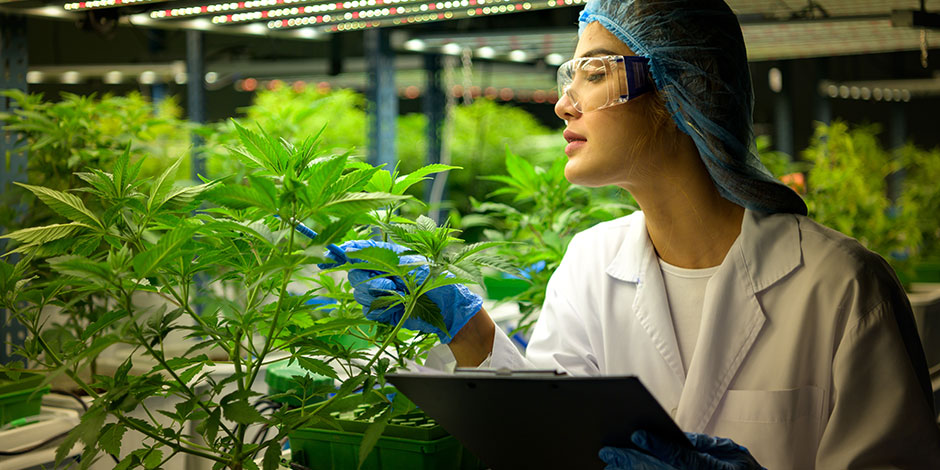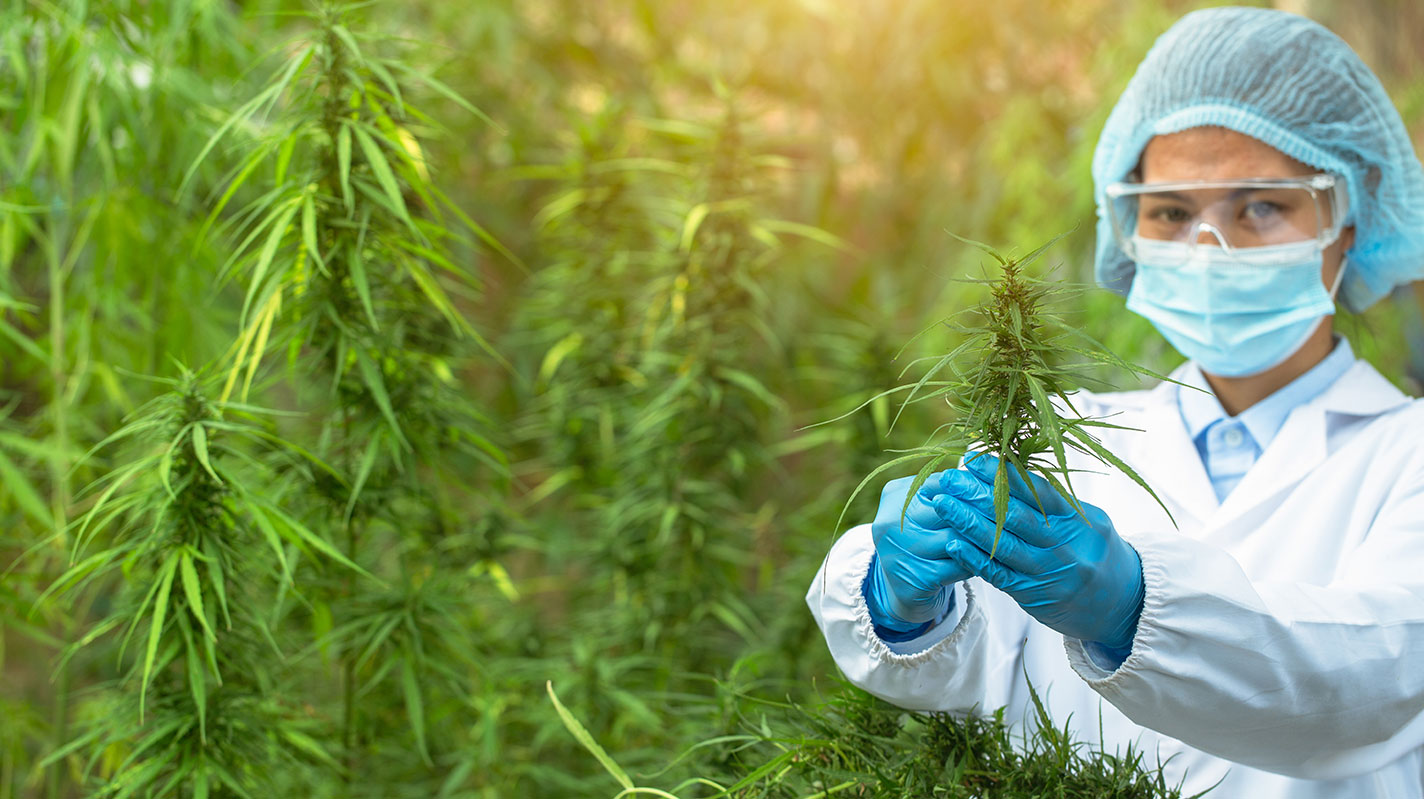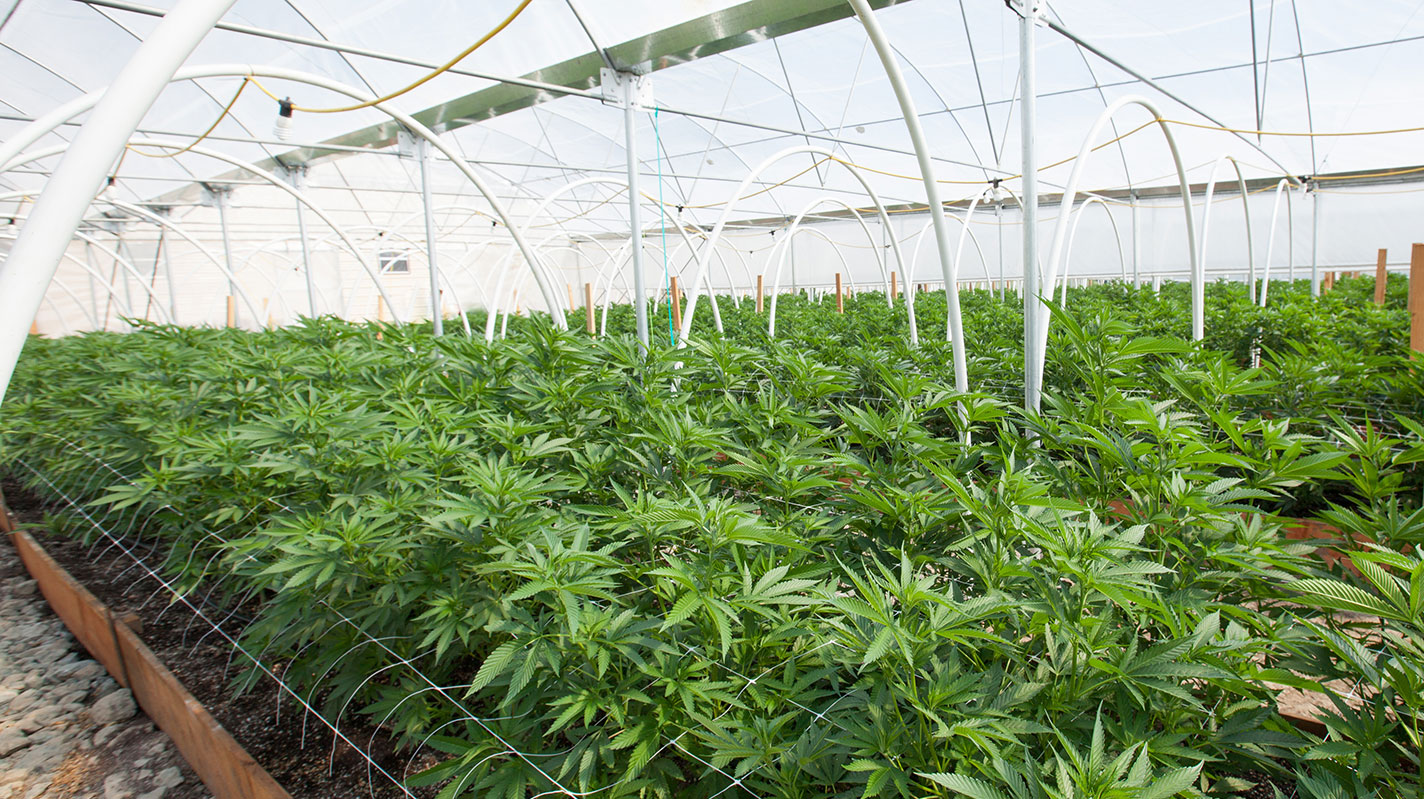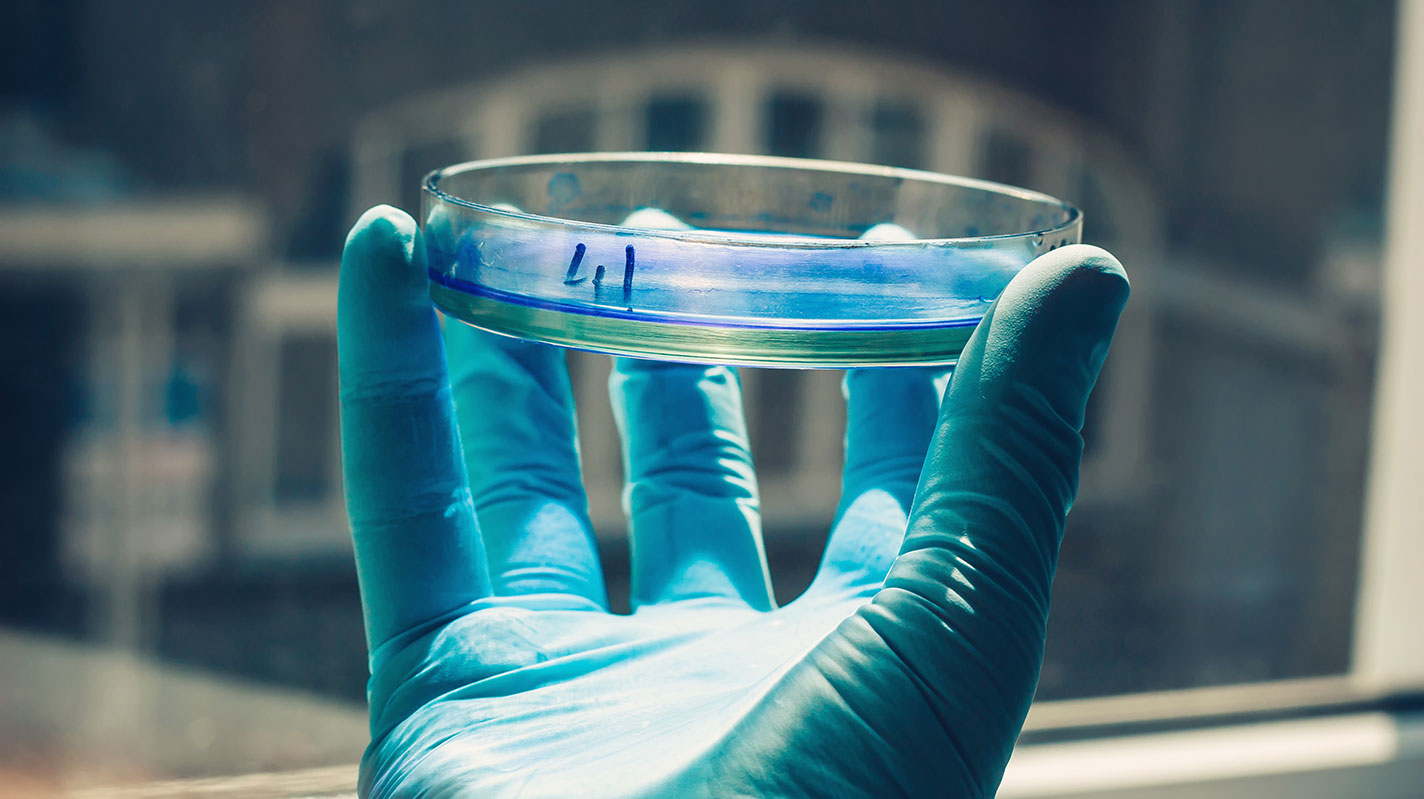Scientific Integrity in Cannabis Laboratory Testing
Learn about the importance of professional values and practices when conducting, reporting, and applying scientific results.

Scientific integrity requires adhering to professional values and practices when conducting, reporting, and applying scientific results. The absence of scientific integrity damages industry, safety, and reputation and leads to a domino effect of consequences. Scientific integrity is essential in cannabis microbiology for five main reasons:
- Protects consumer health and safety
- Protects brand & profitability
- Advances the discipline of cannabis microbiology
- Drives or complies with regulations
- Builds credibility of an emerging market

“Aim above morality. Be not simply good, be good for something.” – Henry David Thoreau
Challenges to Integrity within Cannabis
There are many areas within cannabis microbiology where mishaps can occur both deliberate and unintentional. To maintain scientific integrity and protect consumer safety, profitability, and the reputation of the industry and personal brand, it’s important to be aware of potential risks.
Scientific misconduct doesn’t only come in the form of unethical or unscrupulous conduct. It can also come in the form of human error resulting from:
- Improper handling of materials
- Unsanitary workplaces and practices
- Deviating from scientifically validated procedures
- Misuse of materials or equipment
- Improper data analysis or misreporting
- Improper quality control and assurance
- Impartiality and undue pressure within the lab
Scientific Misconduct is a Threat to All
One common breach in integrity is lab shopping. Lab shopping is the practice whereby producers proactively seek compliance labs offering an implied promise of passing compliance testing or another beneficial outcome. Misreporting poses a serious threat to public health and safety and to the cannabis industry.
When both labs and the cannabis industry strive to maintain scientific integrity, profitability increases as does the entire cannabis industry’s reputation. Embodying scientific integrity will establish a higher consistency and success with lab audits as the regulators inevitably become more involved with the industry.

“Respect for right conduct is felt by everybody.” – Jane Austen
Achieving and Honoring Scientific Integrity
As you seek scientific integrity in your microbiology testing operations it’s important to consider:
- Are methods independently validated to be scientifically sound?
- Have standard operating procedures and the quality manual been followed?
- Have results been internally validated by testing various batch samples chosen at random?
- Has cross-contamination been adequately mitigated?
- Have individuals performing tests been properly trained and procedurally audited?

Choosing a partner certified with AOAC International (formally Association of Official Agricultural Chemists) assures the method is fit for purpose. For a century, AOAC has been publishing standardized testing methods specifying their suitability for different applications. When comparing potential diagnostic partners for your microbiological build-out, look for a partner with the widest variety of AOAC scientifically validated methods to help fuel scientific integrity. More on choosing a partner can be found in Laboratory Set-Up – Knowledge Impact.
When it comes to the protection of public health and the future of the cannabis industry, scientific integrity isn’t optional. Compliance labs must assure public trust by providing reliable and verified results that are free of bias and implement scientifically robust methods. Cultivators and processors can do their part by testing in-house to gauge and mitigate risks. Together cultivators, processors, and compliance testing labs can unite and maintain scientific integrity safeguarding their business, consumers, and the industry.





